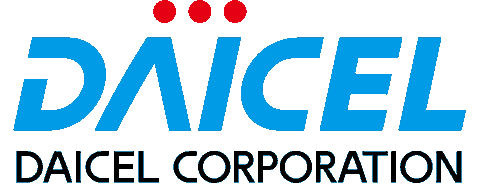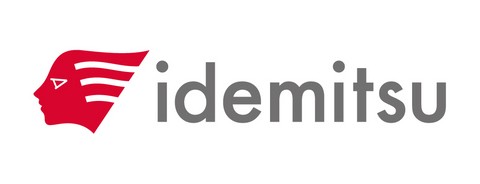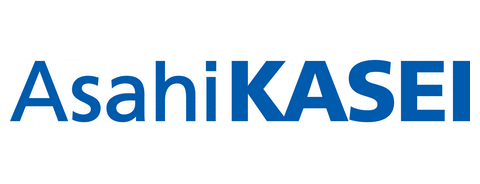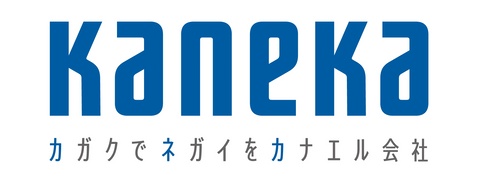SV-1. SCEJ Vision Symposium 11 - Chemical Engineering Contributing to Energy and Resource Circulation <Closed session>
| Tokoro Chiharu (Waseda Univ./The Univ. of Tokyo), Nishiyama Norikazu (Osaka Univ.), Matsukata Masahiko (Waseda Univ.), Yasui Makoto (Chiyoda), Kamiya Hidehiro (Tokyo Univ. of Agri. and Tech.), Koyama Michihisa (Shinshu Univ.) |
Looking back on the year 2015, we can see that there were a series of major environmental-related adoptions and announcements: the SDGs were adopted at the UN Summit in September, the Paris Agreement was adopted at the COP that began in November, and the EU announced a policy package on the Circular Economy in December. In Japan, the "Carbon Neutral by 2050" declaration announced by the Japanese government in 2020 has triggered further efforts to reduce environmental burdens, including carbon neutrality, as a new growth strategy for Japan to create a virtuous cycle between the economy and the environment, and interest in the circular economy is gradually increasing. While the improvement of human wellbeing and economic growth are unquestionable goals of mankind, the importance of "decoupling" to reduce environmental impact and resource consumption in the process of achieving these goals is widely recognized. However, because resource recycling requires a considerable amount of energy for transportation, recovery, and separation, it is not always easy to achieve carbon neutrality and other environmental load reductions. To optimize the balance between them and to achieve decoupling of environmental load and resource consumption from a bird's eye view, the field of chemical engineering, which has a systemic process thinking, is considered to be the place to come into play. In this session, we will introduce examples of efforts toward the circular economy, resource recycling, and energy supply necessary for the circular economy, and discuss the expectations for the chemical engineering field once again. We look forward to the participation and discussion of a diverse range of participants.
Topics code list
























